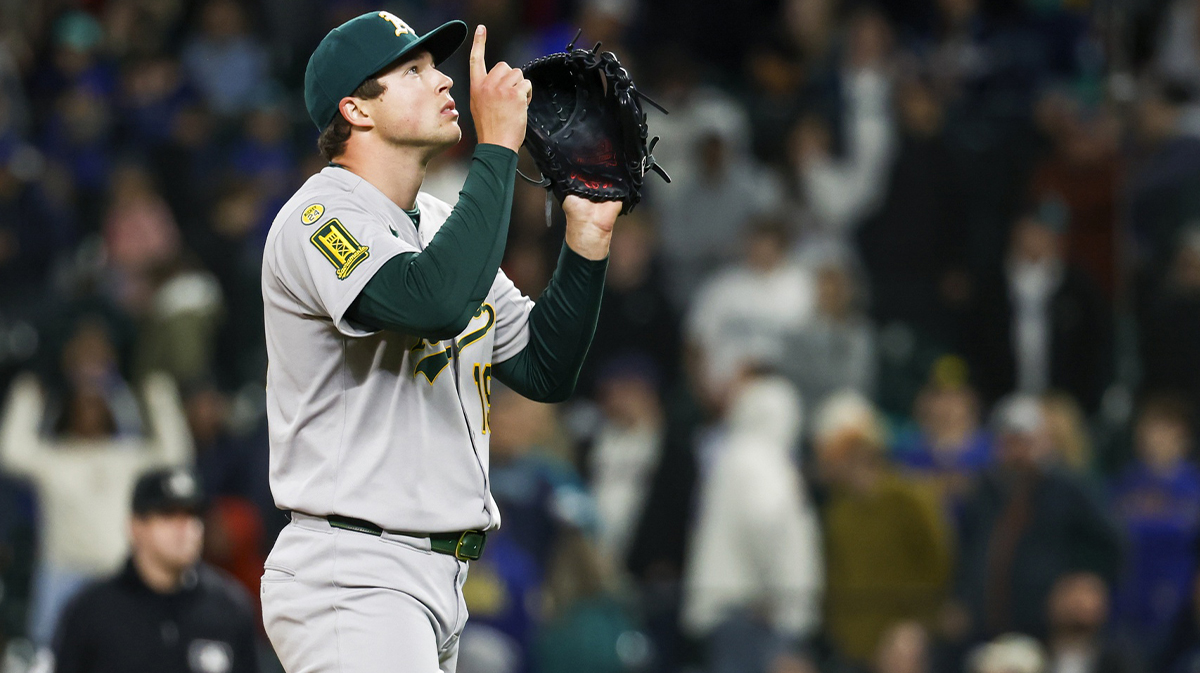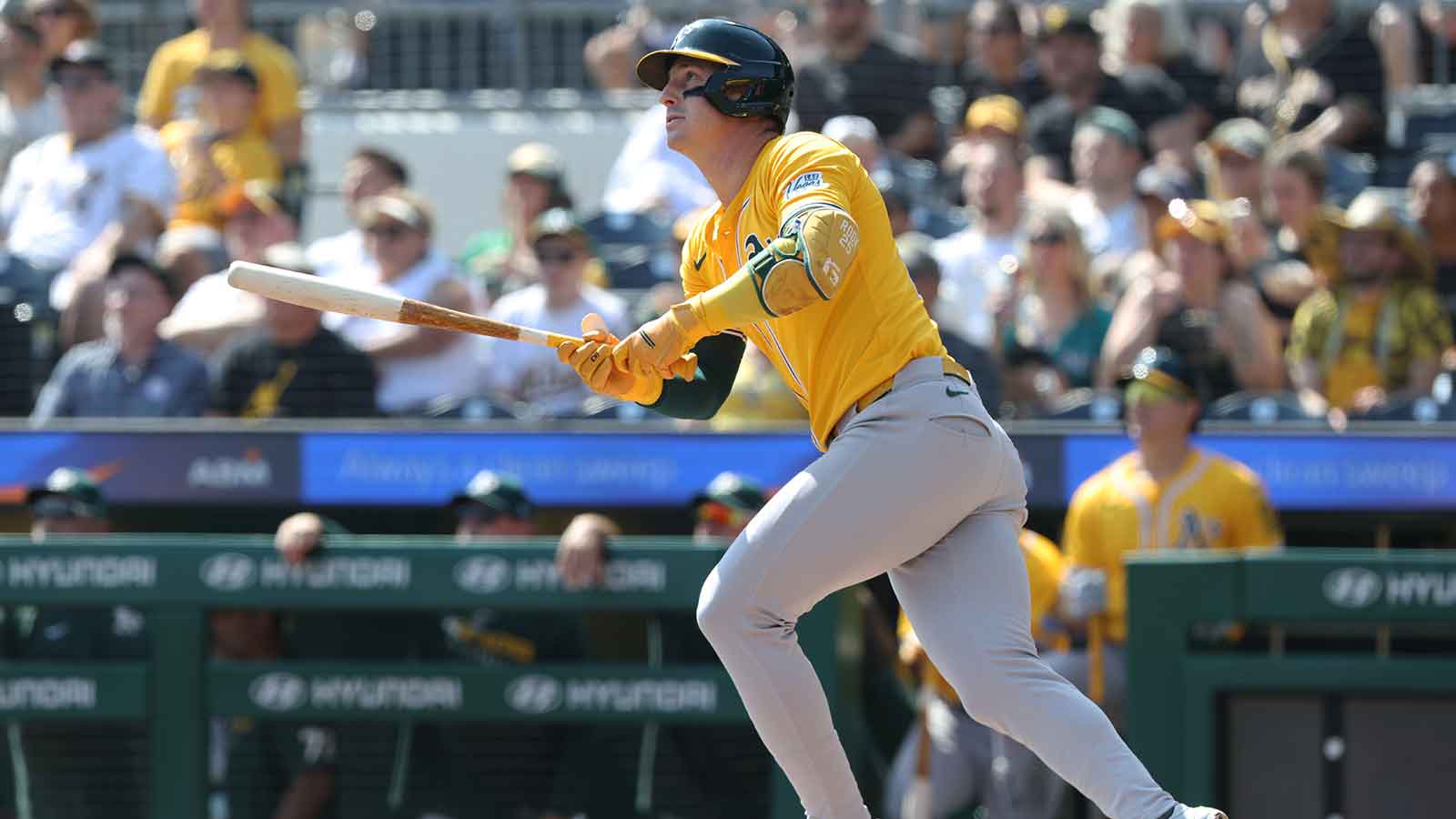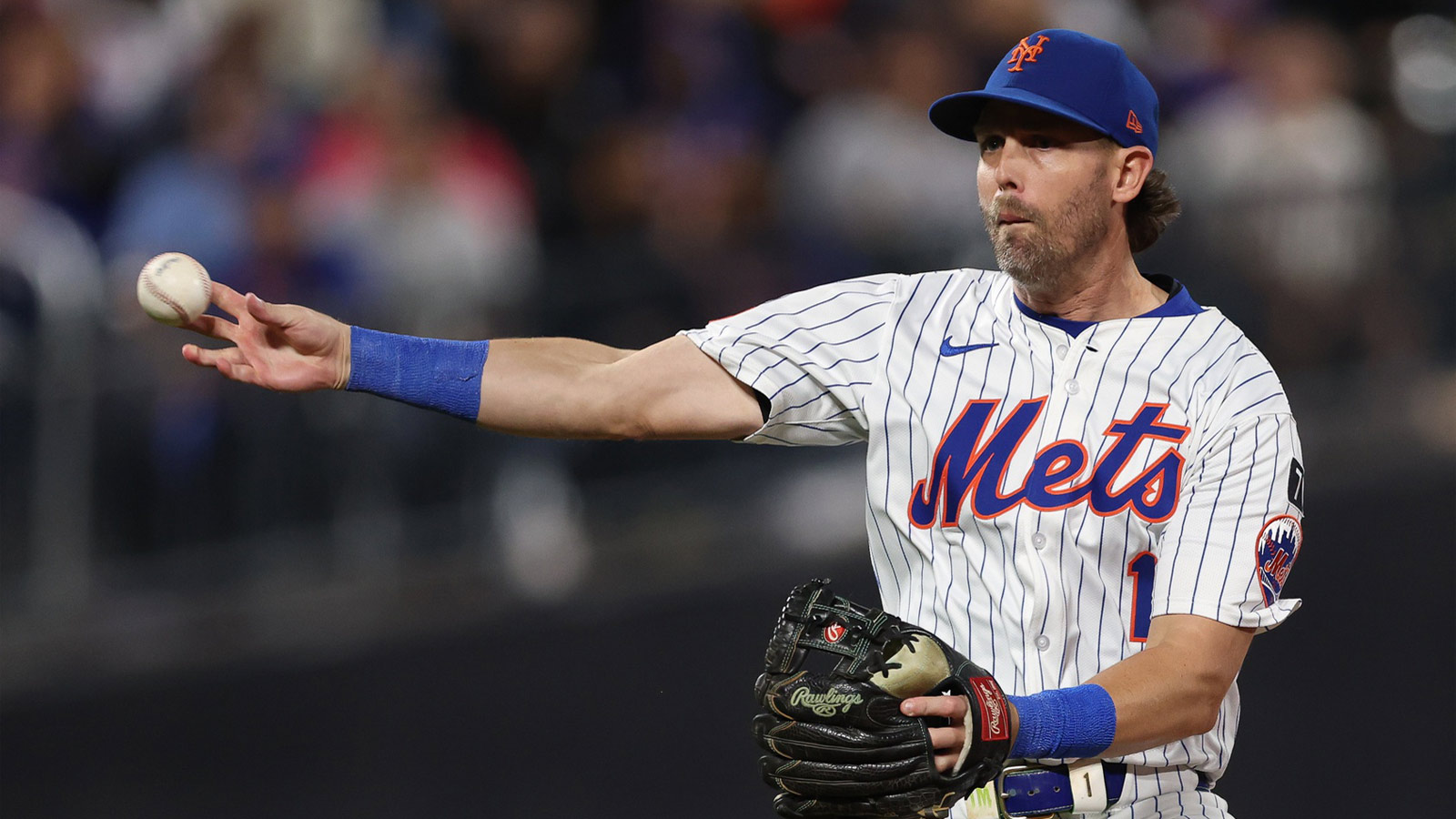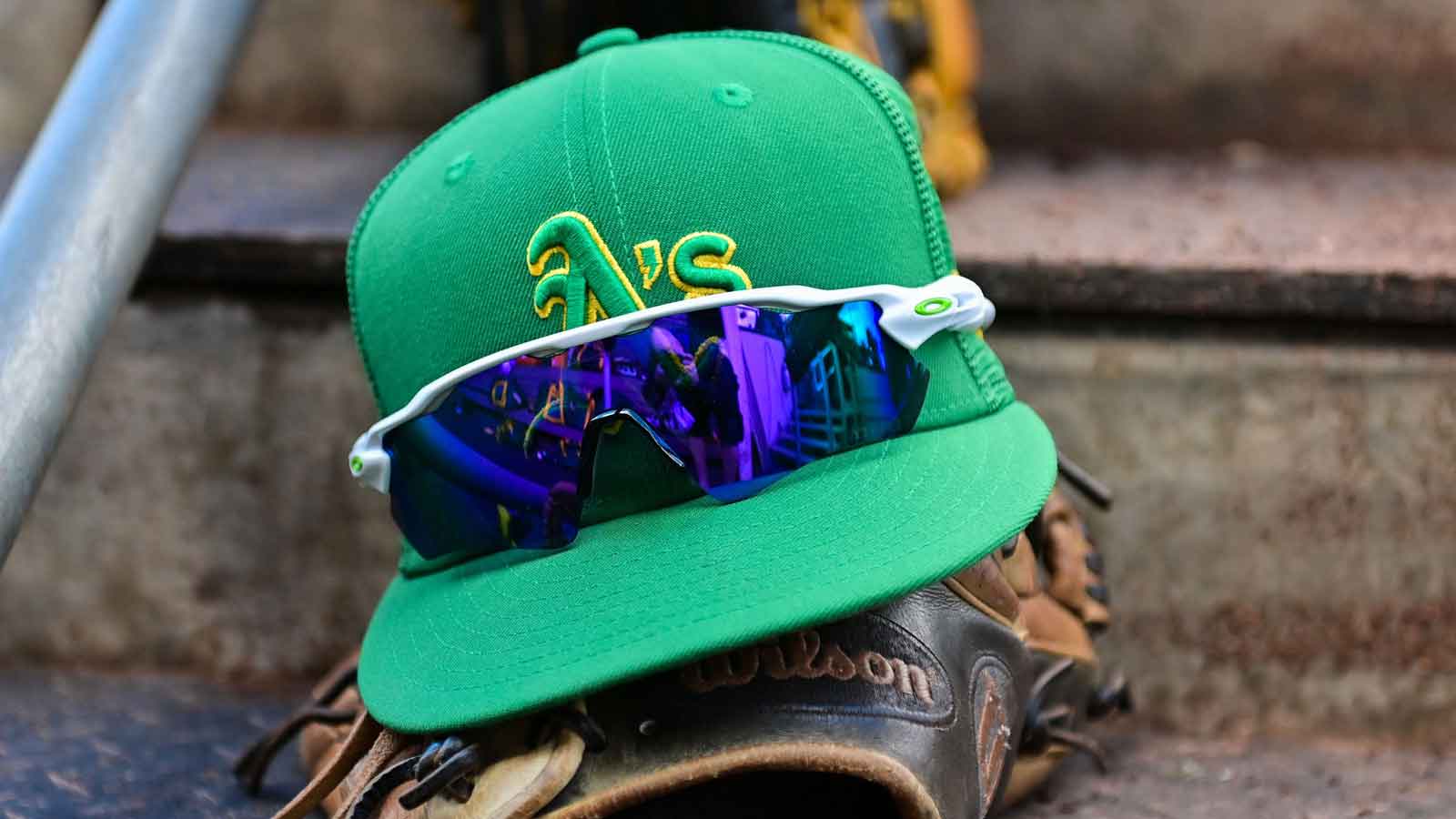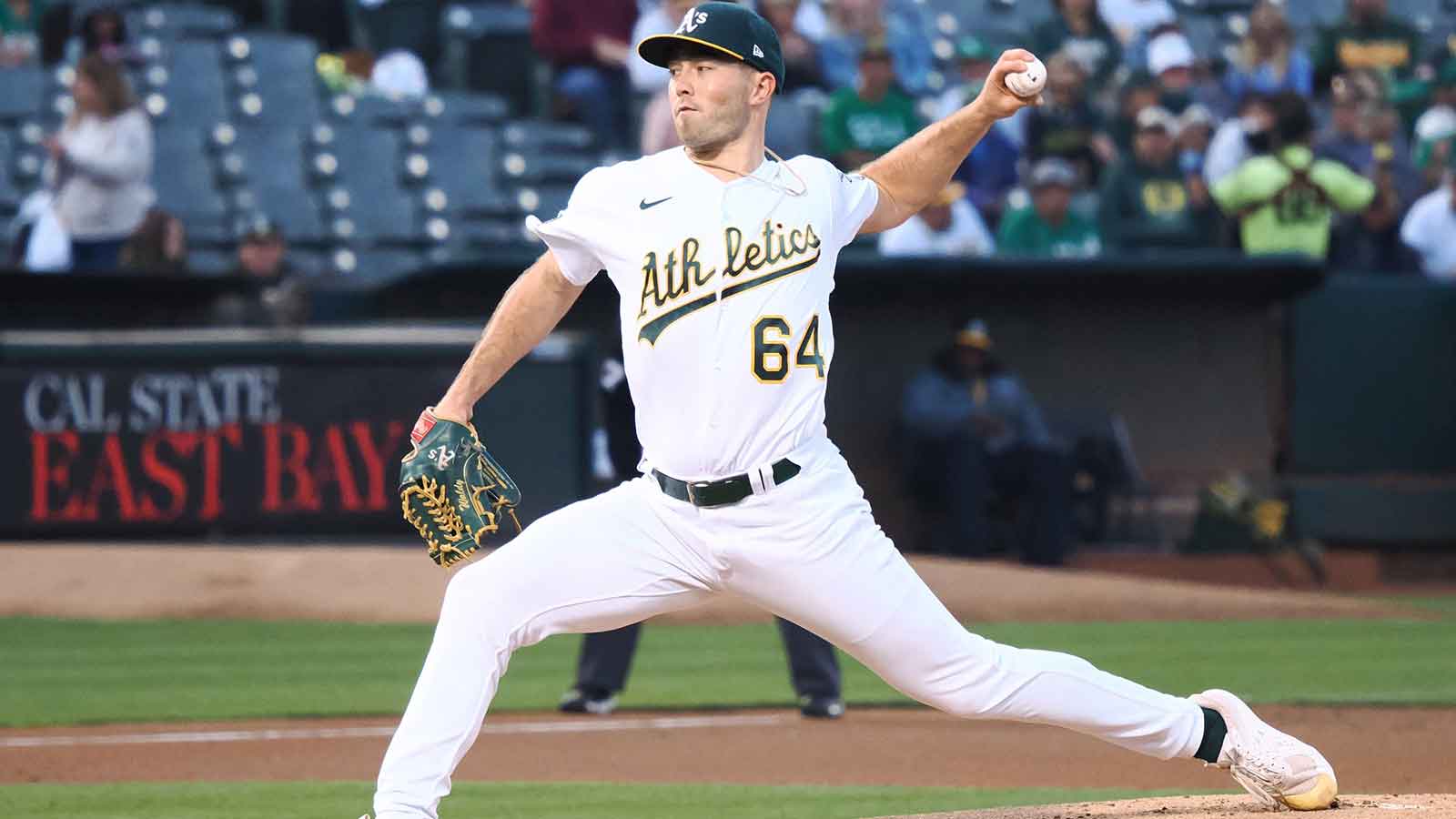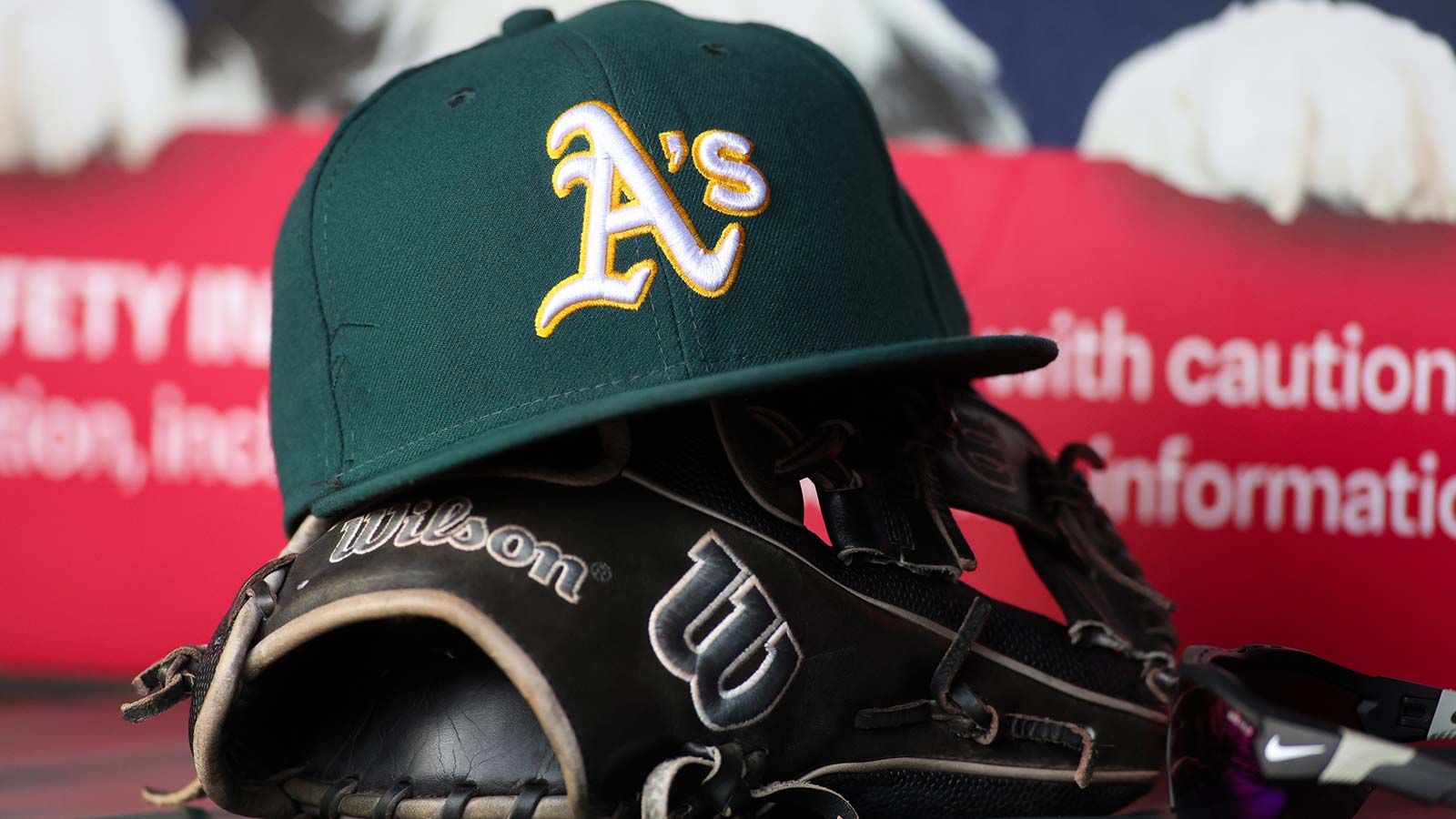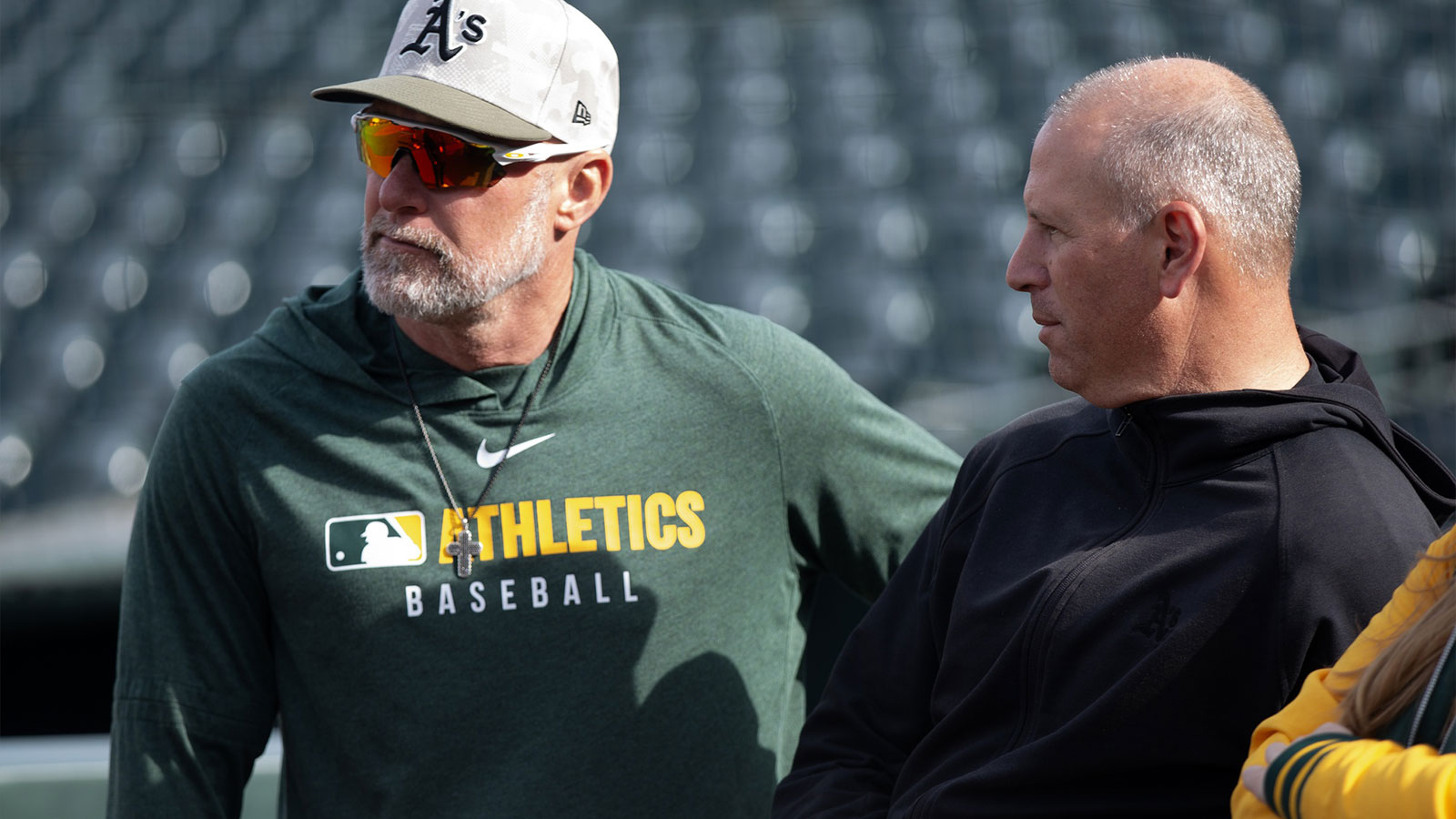While the Oakland/Sacramento Athletics have locked in key young position players Lawrence Butler and Brent Rooker to long-term deals, one of the team’s most valuable assets—flamethrowing closer Mason Miller—remains without an extension. And for now, the club hasn’t even initiated talks.
Miller, 26, is currently making $765,000 and will become arbitration-eligible as a Super Two after the 2025 season. His dominance on the mound—leading all qualified relievers last season with a 41.8% strikeout rate and 14.4 K/9—makes him one of the most electric arms in baseball. After battling a UCL scare and shifting from the rotation to the bullpen, Miller has flourished as Oakland’s All-Star closer.
Despite the breakout, he confirmed on Friday that the A’s haven’t reached out about an extension.
“I haven’t had any talks yet,” Miller said during an appearance on Foul Territory. “But of course I’d be open to it. I love what we’re building here. It’s exciting, and I want to be part of it.”
The A's need to stop being cheap and pay their players, especially Mason Miller
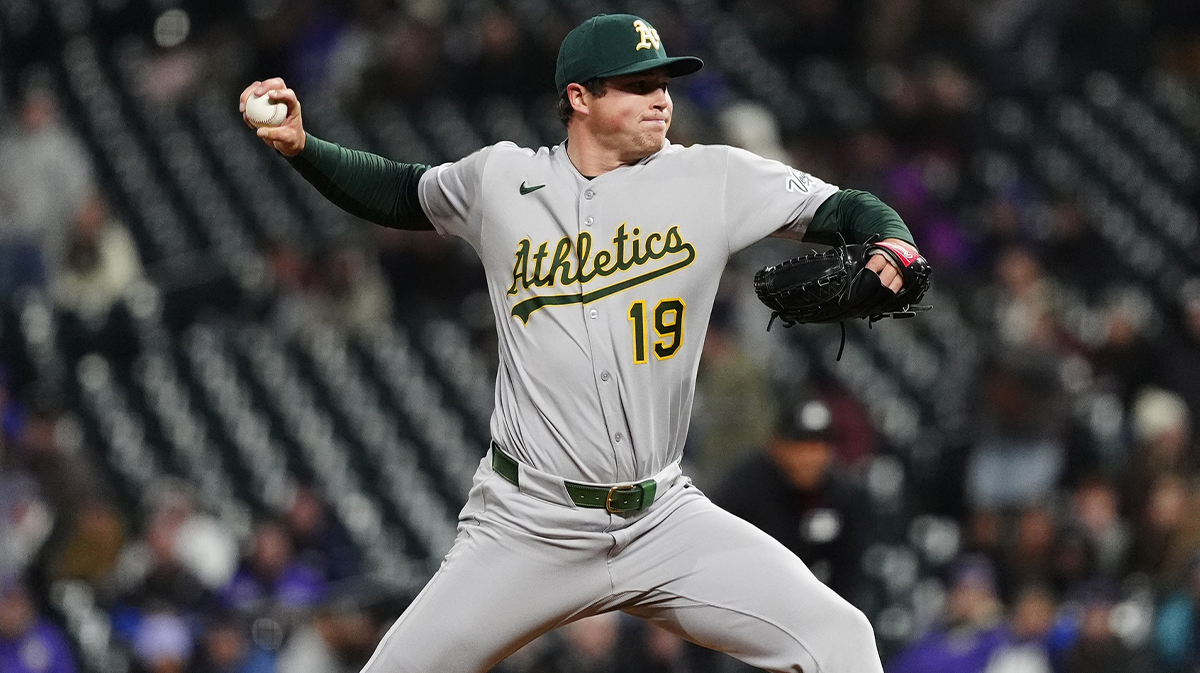
General manager David Forst previously said the club was discussing extensions with “multiple players” but didn’t mention Miller specifically. That omission is striking, considering Miller may be the team’s most valuable long-term pitching piece.
From a business perspective, the timing makes sense. Locking up Miller before he hits arbitration could be a cost-effective move, especially for a franchise historically known for its budget-conscious approach. Spotrac projects a six-year, $45 million extension, which would break records for a reliever with less than two years of service time. The only comparable deal is Emmanuel Clase’s five-year, $20 million contract with Cleveland, but Miller is on a significantly higher trajectory and likely to command more.
Josh Hader—arguably the best comp for Miller’s dominance—earned nearly $39 million during his arbitration years before signing a five-year, $95 million free agent deal with Houston. If the A's waits too long, they could be facing a similar financial commitment.
Still, extending a young reliever comes with risk. The volatility of bullpen arms, particularly ones that consistently hit triple digits, makes long-term deals complicated. Miller himself acknowledged the fine line between performance and durability.
“There’s always that balance,” he said. “I know the risk that comes with throwing hard. But I also know what I bring to this team every time I’m on the mound.”
In the meantime, the A’s continue to bolster their foundation. Rooker and Butler are signed through 2028, as is manager Mark Kotsay, aligning with the franchise’s planned move to Las Vegas. Securing Miller could provide the team with bullpen stability during that transition.
“I’m not the only one excited,” Miller added. “We’ve got a good group here, and seeing other guys sign shows that the front office believes in what we’re building.” If the A's are serious about establishing a sustainable core in its new era, extending Miller might be the next—and most important—step.

